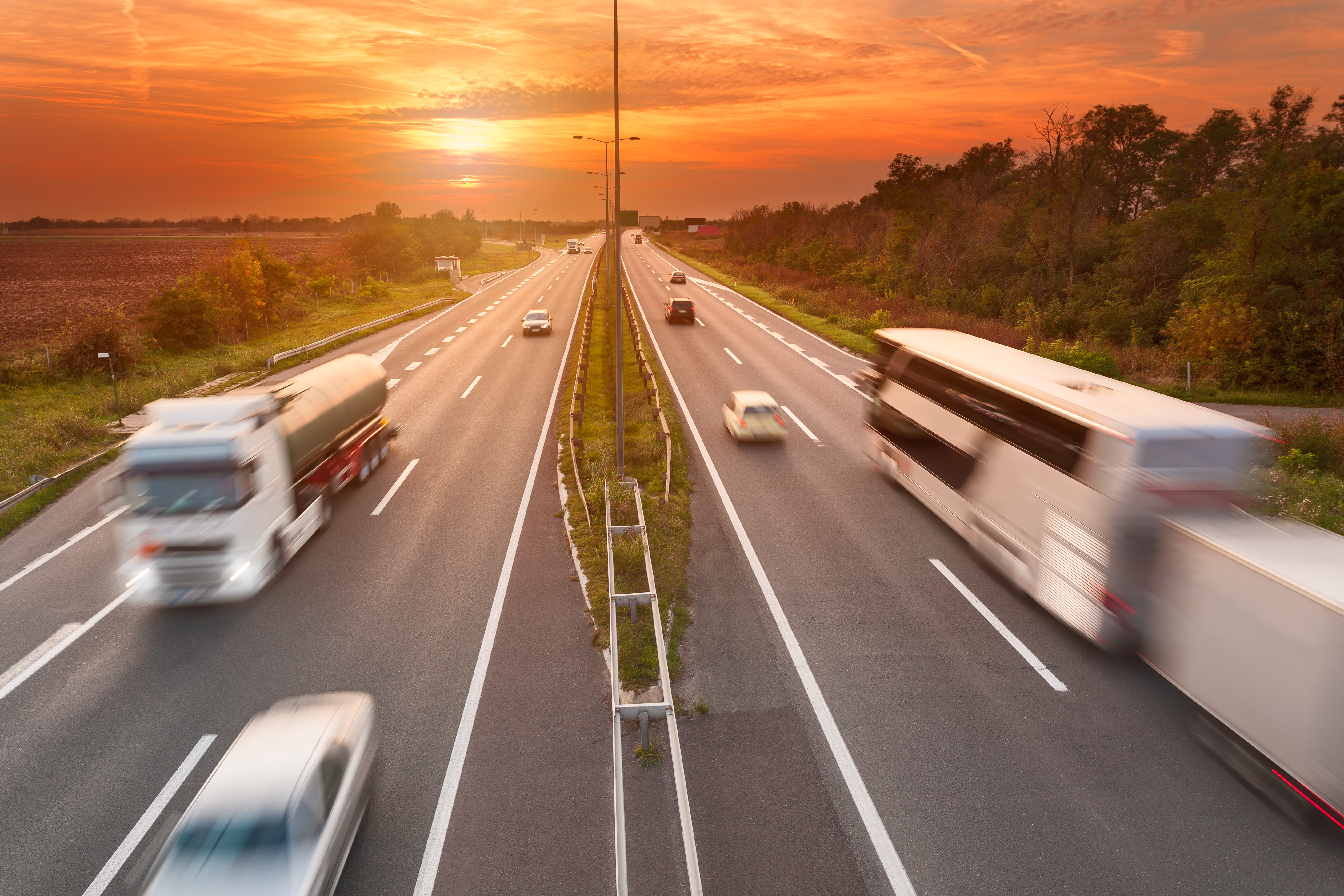Fuel Efficiency is how long you can travel on the amount of fuel your vehicle has, otherwise referred to as miles per gallon. Fuel Efficiency is taken into consideration especially when shopping for a vehicle due to the fact gasoline is one of the most costly and frequent investments car owners undertake. No matter the vehicle, there are several actions to take to maximize the miles you get for the gallons you paid for. If you want to save money at the pump and reduce the need for vehicle repairs, it is essential to understand what car components can affect fuel efficiency and what driver choices you may be making to affect this. Fuel efficiency is a subject matter of high capacity due to the fact gas prices are never consistent and especially the need to keep carbon footprints at a minimum.
Potential Necessary Vehicle Repairs needed to maximize fuel efficiency:
- The type of motor oil being used
- Incorrect Tire Pressure
- Leaking Spark Plugs
- Broken Air Filters
- Broken Fuel Injectors
An issue with any one of these car components should be repaired as they affect how your vehicle receives or uses its fuel. If you are using a motor oil that does not cause a high enough friction reduction, gas mileage is affected. This can be an inexpensive switch that will be repaid in gas saved. Similarly, changing tire pressure is an inexpensive repair that commonly affects fuel efficiency. Misfiring spark plugs mean combustion in an engine does not take place. These possible repairs affect gas mileage in various ways. Spark plugs spark combustion in an engine. In regard to air filters, the issue is when they get clogged. Oxygen sensors assist in maintaining the correct balance mix of air and fuel so they need to be clean to permit an engine's maximum performance. Lastly, leaking fuel injectors translates into less fuel injected into the engine.
In addition to inexpensive car repairs that may be necessary to maximize fuel efficiency, there are completely controlled factors by the driver that can influence this. Quick or frequently fluctuating acceleration can lead to overly increased fuel consumption. Revving your engine or using it when unnecessary such as blasting the AC nonstop will also consume your gasoline at an avoidably higher rate.
Step to Take
Visit your local mechanic if you believe one of the listed car components to be faulty or have noticed your gasoline is not lasting you so a vehicle inspection can be conducted to discover the source of the problem. This will save you time and money at the pump in the long run, decrease your carbon footprint as you will be wasting less gas, and reduce the risk the repairs escalate and cause serious damage to your vehicle.

